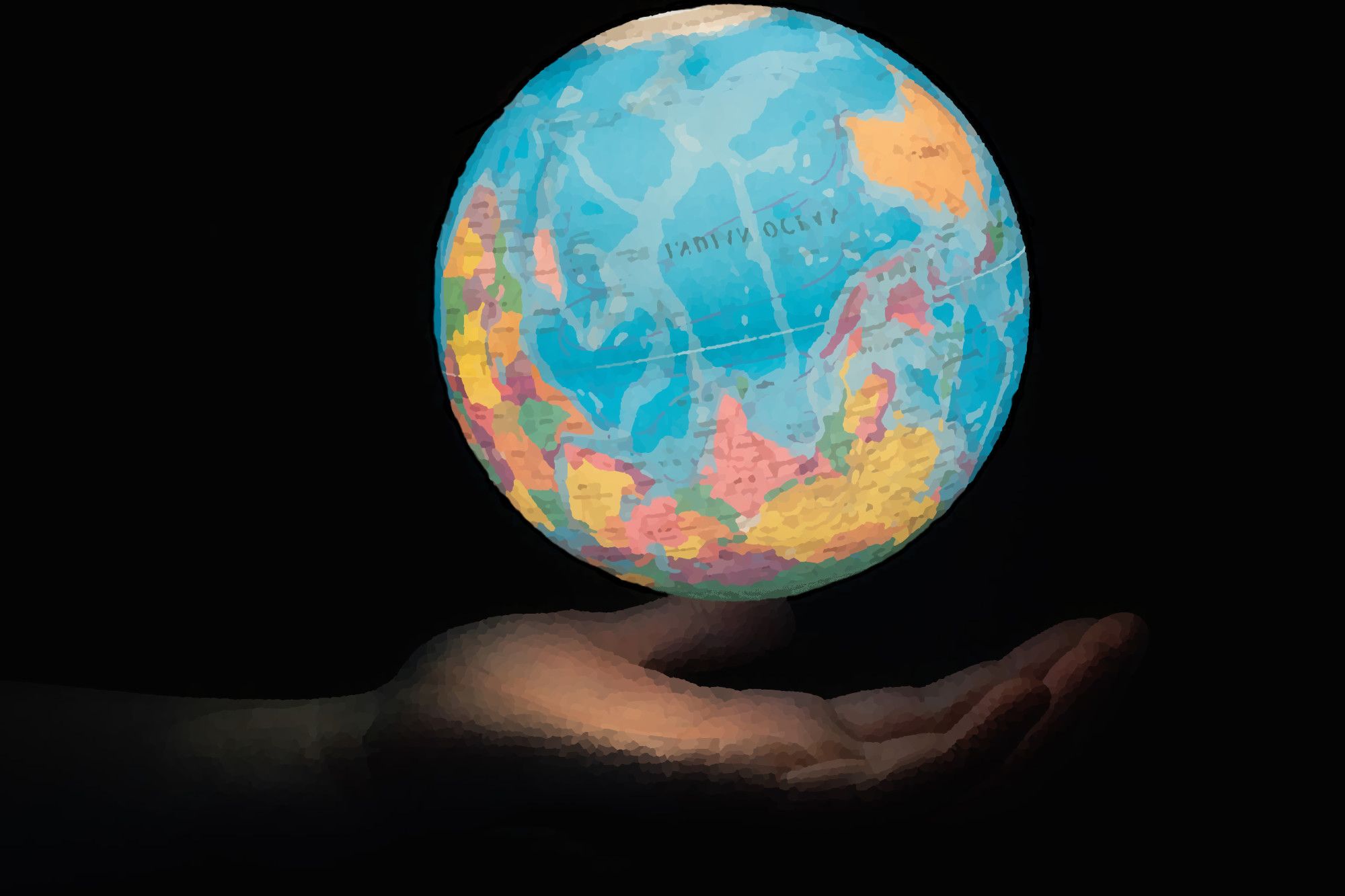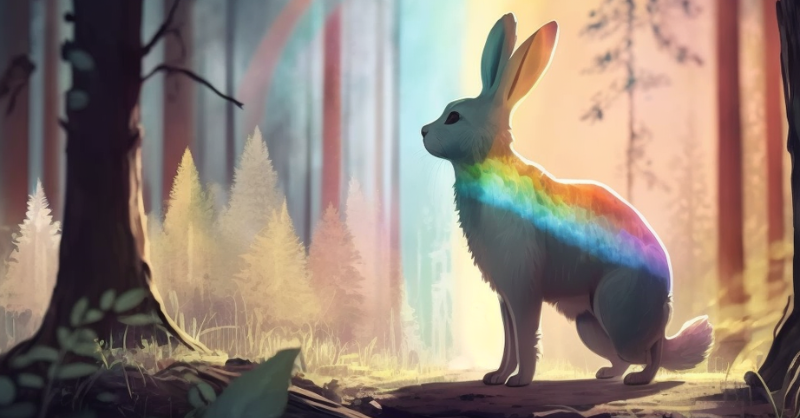How To Become a Fantasy Writer: Worldbuilding or Worldwriting

You've heard of Plotter VS Pantser, now get ready for Worldbuilding VS Worldwriting.
Although both are characteristic of writers, and very similar, there is a slight difference here that I intend to explore in today's article.
Let's start by describing the terms better.
Plotter
A Plotter is a writer who creates and plans everything, from the world to the plot, before beginning the writing process. A Plotter, generally, knows what he wants from the text and prepares it so that it comes out more naturally during the writing process.
Pantser
A Pantser writes his books without a "map" to guide him, without major initial preparations, choosing to do it as he writes or while editing.
Plotter VS Pantser
This is an age-old discussion, as both have their advantages, depending on the writer.
A Plotter can follow an outline and dedicate his time to the writing itself.
A Pantser ends up having more creative freedom, sacrificing a pre-structured narrative.
Both form a spectrum and not a duality.
In my case, I started by being a Pantser, and some things turned out well, but it was only when I adopted some Plotter methods, such as Worldbuilding or creating a narrative structure, that I really managed to achieve greater fluidity in the writing process.
Also, knowing where I was going, I was able to start introducing parts of the narrative, which set up scenes in future chapters.

Worldbuilding
If you've been following this blog, or searching for worldbuilding, you should already have an idea of what the term means.
Worldbuilding is the term used to describe the process of thinking and building everything that will surround our characters.
There are several applications and software that help you to record and file all the information, so that you can consult it when you need to use it in your text.
Learn to make maps in GIMP or Photoshop. For a fantasy writer they are a lot of fun and help a lot, especially if your characters walk back and forth.
Worldwriting
Worldwriting is the term used (by me) to describe the process of developing your world while spewing words onto the blank page.
It focuses a lot on the imaginative process and your ability to remember every detail of your world.
It's one of the most creative methods there is, and sometimes it's ideal. If, like me, you've already found yourself stuck in a certain scene or chapter, not knowing what to write, approaching the text from a worldwriting perspective can help you untie that knot and, perhaps, show you something you never could have planned for.
Worlbuilding VS Worldwriting
Like the Plotter VS Pantser, these two are painted in a spectrum and not in Black and White.
A Worldbuilder can "paint" a very vivid picture of his world and what he wants to convey to the reader.
A Worldwriter can write a world at the precise moment the idea comes to him.
In my opinion, and according to what I can report from my continuous development as a fantasy writer, you should sometimes adopt one or the other, depending on what seems most appropriate to you.
There are things that don't need to be built before starting to write, like the fruit that the trees bear or whether the water in the river runs translucent. You can describe them when you get there, along with the characters, and you will enjoy a first impression of the landscape.
However, there are others that must (almost mandatorily) go through a prior worldbuilding process, such as Physical Space, a Map, Civilization, History, Mythology (Religion), Economy or even the Structure of Power.


The best thing will be to strike a balance between the two and define what best suits the creative process.
Try it.
Be a Plotter Worldbuilder or a Pantser Worldwriter.
I think what defines me is Plotter Worldwriter, as I do the work in advance but leave the details for the time that the words flow onto the page.





